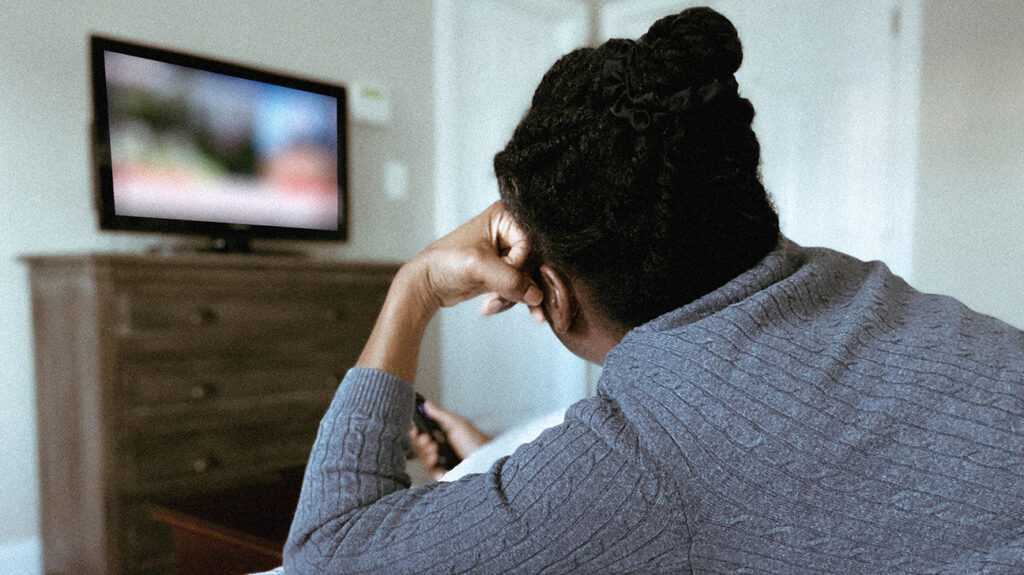'Poor health' and screen time on different devices: What's the link?
11 October, 2020

A recent study has found associations between your time we spend in front of some devices and certain negative health outcomes.
New research has found links between your amount of time that people spend before some screened devices and different negative health outcomes.
The study findings, which appear in the journal BMC Public Health, lay the groundwork for future research to explore these associations in greater detail.
Television time and health
Throughout the 20th century, television set spread around the world, becoming an essential part of many people’s lives.
Quite a lot of research have explored the associations between watching TV for prolonged periods of time and different health outcomes.
For instance, scientists have found links have between significant TV watching and obesity and type 2 diabetes, as well as abnormal glucose metabolism.
Part of the explanation for these links lies in the association between prolonged periods of time spent before the TV and less healthful diet plan, such as consuming more fast foods or items which typically contain higher degrees of salt, sugar, and saturated fat.
Although TV is still a central part of several people’s leisure time, nowadays there are a great many other types of screens competing for our attention. Included in these are computers, tablets, and smartphones.
If there is a link between prolonged TV viewing and negative health outcomes, the question arises: Does this association also apply to excessive use of other screened devices?
For corresponding study author Chris Wharton, the assistant dean of innovation and strategic initiatives at Arizona State University’s College of Health Solutions in Phoenix:
“A lot of screen time-related literature has generally centered on television. But with the advancement of most these other styles of devices that people use throughout the day, we wanted to observe how health behaviors and factors are connected with various screen-based devices.”
Wharton and team produced an 18-question survey and sent it to 978 adults in america who owned a TV and at least an added device with a screen.
After excluding some respondents for incorrectly completing the survey, the researchers had 926 responses.
The survey measured:
- the quantity of time each person allocated to their devices
- their diet
- the quality and quantity of their sleep
- their sense of stress and healthiness
- how physically active these were
- what their body mass index (BMI) was
The team categorized the participants’ screen time as light, moderate, or heavy use.
Source: www.medicalnewstoday.com
